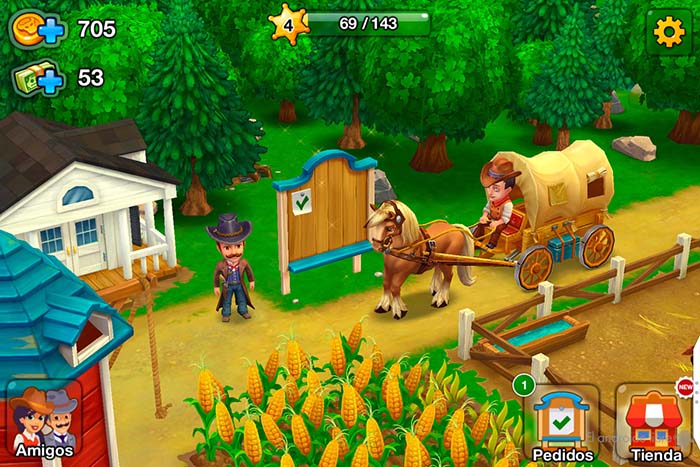

The development window is shorter, a year or less for online social games, compared with two to five years in PC and console games. In the newer social gaming world, companies have to use Internet technologies to build and support their games. He sees some big differences between online social games and the games he used to design for traditional computer players. Reynolds said he became excited about Facebook two years ago, and doubly so when he learned that people were building games for the service. Later, he co-founded two other local game studios: Firaxis and Big Huge Games. He had worked at MicroProse, one of the first gaming companies in the Baltimore area in the early 1980s. Reynolds, who works in Zynga's Timonium office, joined the company in May of last year with a top reputation in the field. The idea for FrontierVille came out of a high-level executive meeting between Brian Reynolds and others at Zynga, including chief executive Mark Pincus. "It's just a new way to reach people who maybe don't like running around blowing things up or don't like the long-term time commitment" of computer or console games, Olano added. "The games industry, to grow, is finding ways to branch out in other things where they haven't been before," said Marc Olano, a computer science professor at the University of Maryland, Baltimore County and director of the computer science game development track. That's a key feature, industry experts said. Online social games typically aren't as complicated or visually stunning as their computer or console counterparts, but they enable people to play for free with friends and not just with strangers online, as is often the case with other games.


 0 kommentar(er)
0 kommentar(er)
